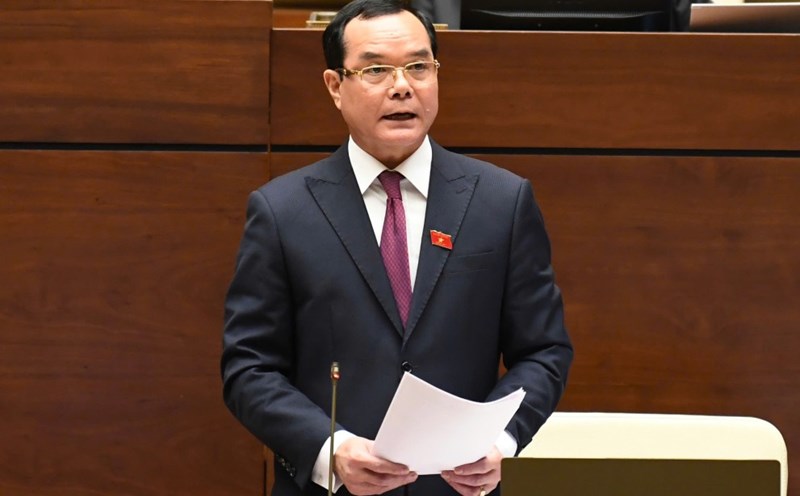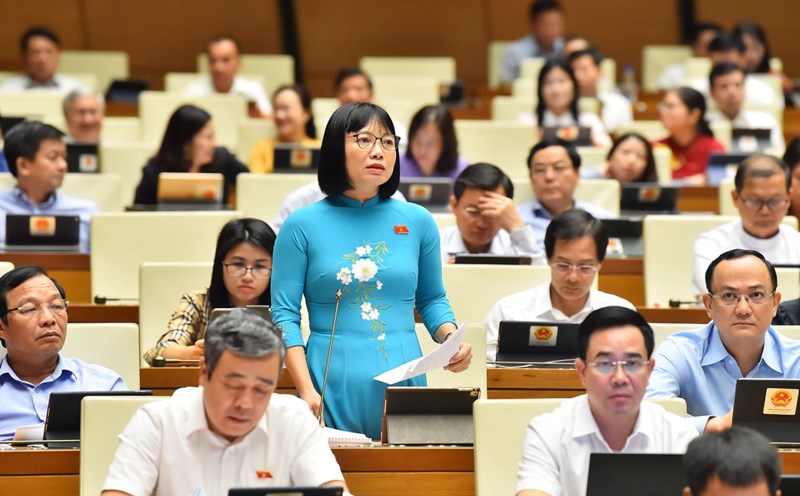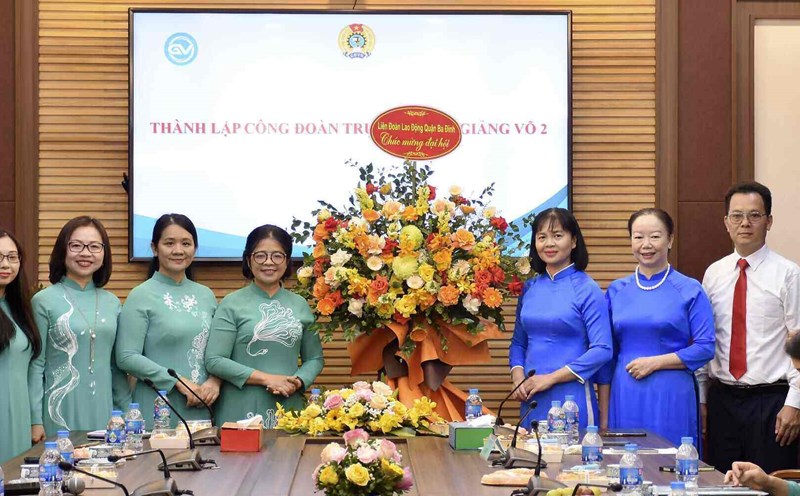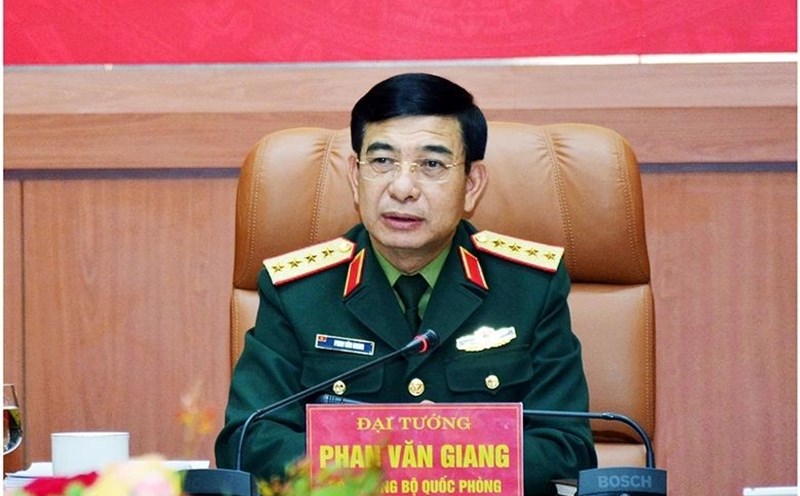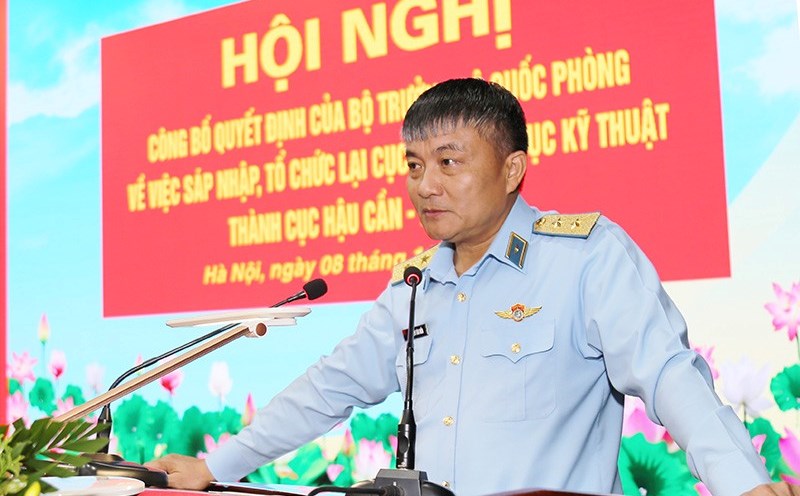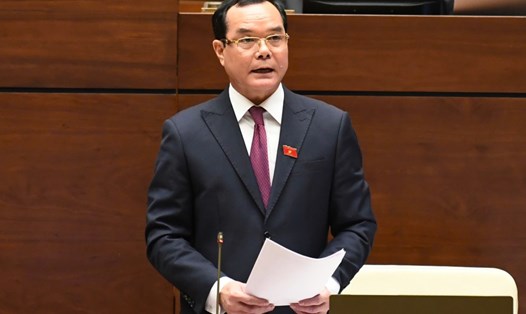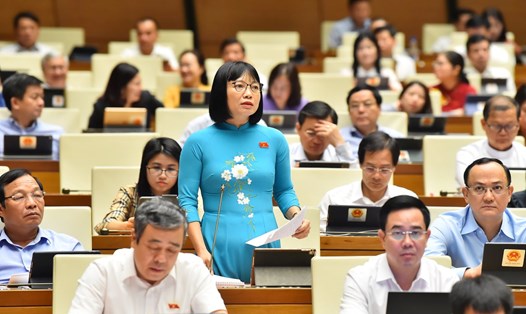Financial stability
Mr. Vo Thanh Nha - Chairman of the Trade Union of An Giang Samho Company Limited (Binh Hoa Industrial Park - An Giang) affirmed: Trade Union funds are an important source of income for the Trade Union to perform its duties of representing, caring for and protecting union members and workers. This not only reduces pressure on the State budget, but also creates opportunities for the Trade Union to be proactive and independent in taking better care of the material and spiritual needs of workers, thereby making workers more confident and attached to the activities of the Trade Union.
“From that reality, I really hope the National Assembly will continue to stipulate the source of revenue of 2% of the trade union fund at Point b, Clause 1 of Article 29 of the draft Trade Union Law (amended): “Trade union funds are paid by agencies, organizations, units, enterprises, cooperatives, and cooperative unions at 2% of the salary fund used as the basis for compulsory social insurance payment for employees,” Mr. Nha expressed.
Agreeing with this proposal, many union officials and direct superiors in the Mekong Delta provinces, such as An Giang and Dong Thap, proposed that the National Assembly consider, pay attention to, and support additional provisions on handling enterprises that do not pay or are late in paying union fees. In reality, many units, enterprises, and localities show that there is a trend of enterprises not paying or being late in paying union fees.
With many years of experience in trade union activities, Mr. Tran Luu Phong - Chairman of the Trade Union of Industrial Zones of An Giang province - said that this is extremely necessary. Because it not only maintains a positive impact on the interests of union members, workers and the activities of the trade union organization such as caring for and protecting the legitimate rights and interests of workers, but also meets the increasingly deep international integration needs of the Vietnamese trade union organization.
Create autonomous space
Recording the reality from many cadres with many years of experience in working at the grassroots level and directly above the grassroots level in An Giang and Dong Thap provinces, we found that they all have in common the desire to have autonomous space to proactively promote the functions and tasks of representing, protecting and caring for workers. Expressing agreement with this, Mr. Tran Luu Phong hopes that the National Assembly will approve the plan to divide the trade union budget in Clause 3, Article 31, especially the content: Method and rate of distribution of trade union budget to grassroots trade union organizations and workers' organizations in enterprises.
“Based on the tasks and practices of managing union finances in the past 10 years, I find the draft law's proposal to divide union finances at the rate of 25% for the upper level and 75% for the grassroots level to be appropriate,” said Mr. Nguyen Huu Giang - Permanent Vice President of the An Giang Provincial Federation of Labor.
According to Mr. Giang, on the basis of adjusting the tasks of each union level and with the spirit of focusing on the grassroots, since 2016, each year, the allocation for grassroots unions has increased by 1% and has so far maintained a stable level of 75%.
Agreeing with this opinion, many Trade Union officials unanimously supported the draft Trade Union Law (amended) which removed the option of assigning the Government to specify the distribution of Trade Union funds for places for labor organizations in enterprises, which the draft submitted to the National Assembly for comments at the 7th Session. This not only creates conditions for Trade Unions to promptly and proactively share the difficulties of union members and laborers, making laborers more confident and attached to the activities of Trade Union organizations... but more than that, it also contributes to supporting Vietnamese Trade Union organizations to maintain their position in the context of international integration with many important intertwined opportunities and challenges.

